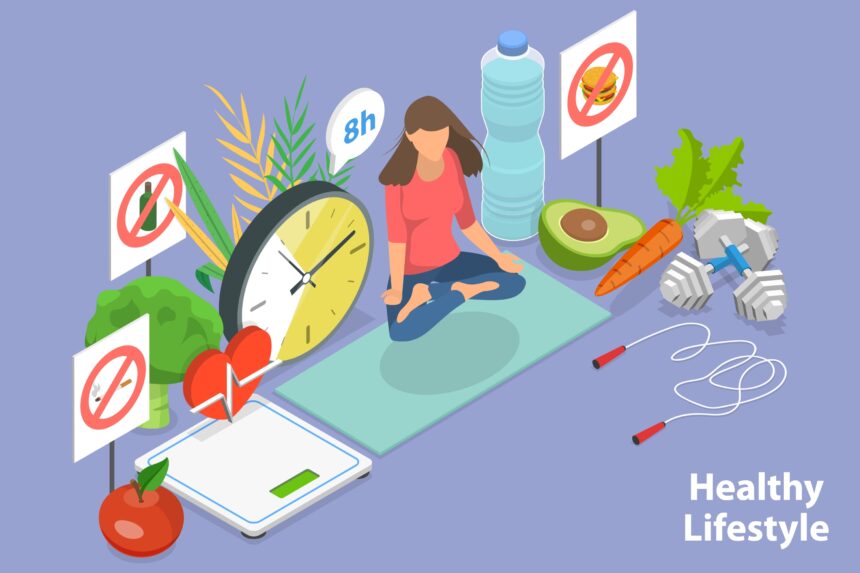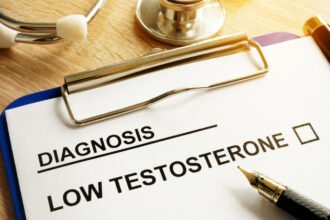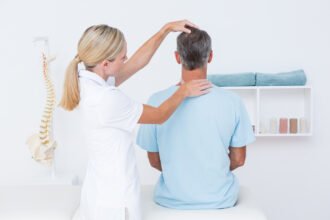Strokes are one of the scariest potential threats for Americans as they get older. Unlike some of the other most common problems like heart disease and diabetes, strokes affect the brain. People who survive them often don’t have the same cognitive functions they did before.
Memory loss, speech issues, and motor function can all be part of the fallout of having a stroke. Loss of vision and bladder control is also affected by certain types of strokes. Survivors often have trouble living life after a stroke with the same degree of normalcy.
We’ll talk about how you can move on from a stroke no matter what age you are. There are also financial effects of strokes, like not being able to perform your job anymore or not being able to get life insurance for your family. We’ll discuss how to overcome some of these difficulties and still live life to the fullest.
Rehabilitation and Recovery
Health care bills after having a stroke can be massive. Not everybody has the money to pay for the fallout after a stroke. A lot of things need to be attended to with your health to live after a stroke. If you have medical insurance, you must take advantage of this.
Going to all your rehab appointments and checkups will prevent further complications. Stroke victims must get exercise, eat right, and stimulate their motor skills under a doctor’s orders. These activities will not only attempt to get a person back to their previous lifestyle habits but also prevent further strokes from happening.
The road to recovery is very difficult for stroke victims and their loved ones, but the consequences of taking shortcuts are brutal. If the stroke victim is the sole provider for their family, it is even more important for them to prioritize their health after having a stroke.
Life Insurance
Life insurance companies will not likely accept stroke patients for any type of policy if the person applying has ignored recovery efforts from the stroke. This is because the person poses a huge risk to the life insurance company. They are much more likely to pass away than someone who is trying to make the best of their situation.
Ignoring your health after a stroke creates a vicious circle of trouble. Not having life insurance is a stressful scenario. You’ll most likely be concerned about whether your family can survive financially without you. This stress may make your health issues even worse, which shows the way finances and health are tied together.
Activities for Stroke Patients
Stroke patients are probably going to struggle with many cognitive functions in the immediate aftermath of their attack. This means family members should speak to the patient’s doctor about the types of mentally stimulating activities they can do during recovery.
It is important to find the balance between doing the things you used to do and not trying to overextend yourself. Memory and communication skills are two of the most important things people who have had a stroke should focus on.
This will activate the parts of the brain that are damaged from the stroke. Games of any kind are great tools for mental health. They can bring confidence back to a stroke victim who has suffered with depression due to their inability to regain some of their previous skills.
Playing something like Monopoly with family members or a video game with puzzles in it should prove useful. The latter will help with motor skills that may have been stunted by the stroke.
Becoming Social After Stroke
Make sure that if you are a family member of a person who suffers from a stroke, engage the person with as many of their friends as possible. People from work, church, recreational sports leagues, and other activities the person participated in should visit after the stroke happens.
These things will also help to show doctors and life insurance companies that the person is exercising their brain and recovering from the stroke. With great focus and a little bit of luck, another stroke is unlikely to occur.
The longer someone goes without having a second stroke, the more likely they are to get a life insurance policy. This will give an entire family the peace of mind that if something horrible happens again, they will be financially taken care of.
Working After a Stroke
Although many people who have a stroke are retired, folks who are still employed can have their world turned upside down. Surviving a stroke while working still means you’re going to have to take quite a bit of time off.
Patients should talk to their doctor about the number of months they need to rest. It will usually depend on the patient’s ability to react well to the rehabilitation we talked about above and the type of job at hand.
Hard labor jobs that require a lot of physical work are going to be harder to return to. Getting decent exercise during recovery should help give you a higher chance of getting back, but remote work is the more likely option.
People who work from their computers at home can better attempt to continue their job after having a stroke. The pandemic has allowed for an influx of remote workers, so stroke victims should have an easier time asking for this alternative.
Finances
People who can’t return to work are going to have a hard time providing for their families. Life insurance only covers death benefits. It doesn’t help your family if you are still alive but unable to bring in an income.
This is where having good financial skills throughout your life can safeguard against this poor situation. Try to create a savings account that helps during times of emergencies. This won’t be a solution that lasts forever, but it can be a good stopgap in the meantime.
Finding another job you are capable of doing after having a stroke might take a while. Even so, if you follow the tips and advice of your medical team, you should potentially regain enough capacity to provide for yourself in some way.
Life after having a stroke can be emotionally and physically draining. Perseverance and belief in yourself are great ways to start healing.








